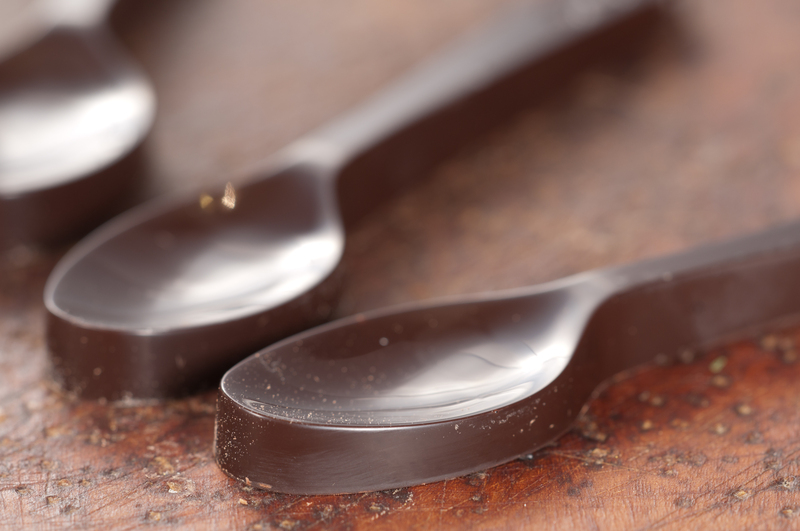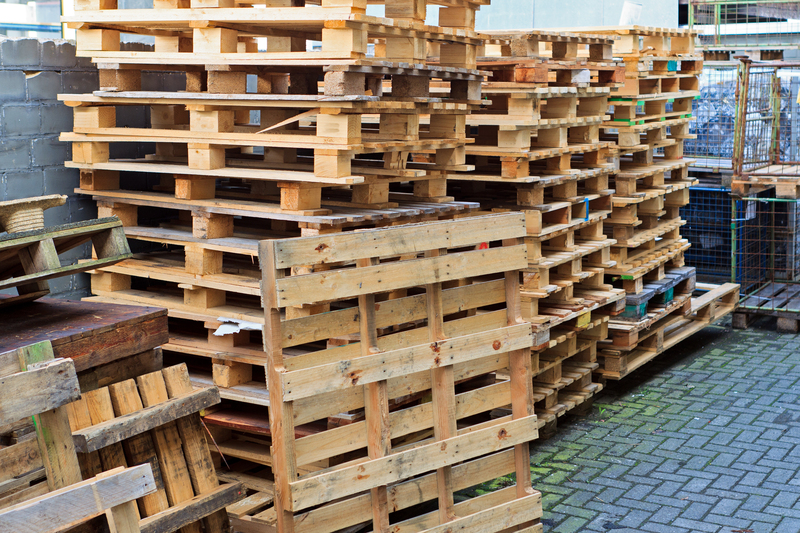Easy Ways to Recycle or Dispose of Pots and Pans
As people upgrade their kitchens or declutter their cabinets, aging cookware like old pots and pans often becomes a challenge to dispose of responsibly. Whether your cookware is rusted, worn-out, or you simply no longer need it, there are eco-friendly and convenient ways to recycle or dispose of pots and pans. This comprehensive guide will walk you through the best practices, tips, and innovative solutions for handling unwanted cookware in a sustainable manner.
Why Is Responsible Disposal of Pots and Pans Important?
Many pots and pans are made from materials like aluminum, stainless steel, cast iron, or copper, which are long-lasting but may take centuries to degrade in a landfill. Additionally, disposing of them irresponsibly may contribute to environmental pollution. By choosing to recycle or repurpose your cookware, you can:
- Reduce landfill waste and environmental impact
- Conserve natural resources by promoting metal recycling
- Support charitable organizations if the items are in usable condition
- Enhance your home's sustainability practices

Understanding the Materials in Your Cookware
Before deciding how to dispose of old pans and pots, identify the material they are made from:
- Stainless Steel: Highly recyclable and durable.
- Cast Iron: Can last generations but is heavy and bulky.
- Aluminum: Lightweight and commonly recycled.
- Copper: Valuable and ideal for recycling.
- Non-stick Coated (Teflon, Ceramic): Trickier to recycle due to the coating.
- Enamel-coated: Contains a metal core, coated in enamel glass.
Tip: If you are not sure what your cookware is made of, check the manufacturer's markings on the bottom or consult the user manual.
Recycling Pots and Pans: Eco-Friendly Options
Recycling old cookware means ensuring valuable materials don't end up in landfills. Here's how to get started:
1. Take Them to a Scrap Metal Yard
Nearly all-metal pots and pans, such as cast iron, stainless steel, copper, and aluminum, are accepted by most scrap metal recyclers. Here's what to do:
- Remove any plastic, rubber, or wooden handles to ensure all parts are metal.
- Check if your local metal recycling center accepts mixed metals or specific types only.
- For higher value, separate different metals (e.g., copper-bottomed pans).
Advantages: Scrap yards often offer payment for metals, especially copper and aluminum. It's an eco-conscious way to recycle cookware directly.
2. Check with Your Local Recycling Program
Municipal recycling programs sometimes accept cookware, particularly if it is metal. However, rules can vary:
- Review your town or city's guidelines regarding curbside recycling.
- Contact the recycling center to ask about pots and pans disposal processes.
- If not accepted curbside, ask about drop-off locations.
3. Retailer Take-back Programs
Some large retailers or kitchenware brands offer take-back or trade-in programs. For example, certain stores will recycle old cookware when you purchase a new set. Check with:
- Major department or kitchenware stores in your region
- Online retailers with environmental initiatives
Reuse and Donation: Give Your Cookware a Second Life
4. Donate Usable Cookware
If your pots and pans are still usable, consider donating them to charity. Many community organizations, shelters, and thrift stores welcome kitchenware. This extends the product's life and helps those in need. Options include:
- Goodwill, Salvation Army, or local thrift stores
- Soup kitchens and homeless shelters
- Churches or community kitchens
- Online platforms like Freecycle, Craigslist, Facebook Marketplace (in the "free" section)
Tip: Ensure the cookware is clean and not excessively damaged before donating.
5. Repurpose Old Pots and Pans
Get creative! Damaged or outdated cookware can be repurposed for new uses around the home or garden:
- Plant pots: Fill with soil and use for herbs or flowers.
- Birdbaths or feeders: Turn shallow pans into garden accessories.
- Decorative items: Paint and hang pans for wall art.
- Storage solutions: Use large pots for organizing garage or shed items.
Repurposing is a fun way to reduce waste and add character to your home.
Disposing of Non-Recyclable or Damaged Cookware
Some pots and pans, particularly those with non-stick coatings (like Teflon), composite materials, or severe damage, may be hard to recycle. Here's what you can do:
6. Landfill Disposal (Last Resort)
If no alternative solution works, you may need to dispose of cookware in the regular trash. Before doing so:
- Try to remove as many recyclable components as possible (metal parts, handles, lids).
- Contact your local waste facility to determine if they have a special collection process.
- Note: Non-stick pans that are badly scratched or flaking should never be donated or used again, as they could be a health hazard.
7. Check for Special Collection Events
Some communities host periodic bulky item or scrap metal collection events. Check your local city website or community bulletin for special recycling initiatives targeting household goods, especially metalware.
Your Step-by-Step Guide: How to Recycle Pots and Pans
- Identify your cookware's material (look for metal type and coatings).
- Check condition: If functional, donate or upcycle. If damaged, recycle if possible.
- Remove non-metal parts, like handles or lids, if required by local recyclers.
- Contact local scrap yards or recycling facilities for drop-off information.
- Clean thoroughly before donating, selling, or recycling pans and pots.
- Label items clearly if placing curbside for collection.
- Seek creative reuse opportunities before sending anything to landfill.
FAQs: Recycling and Disposing of Pots and Pans
Can non-stick pans be recycled?
Most recycling facilities do not accept non-stick (Teflon or similar) coated pans because the coating is not metal. However, some scrap yards may accept them if you remove the handle and non-metal parts, so always check in advance.
Are there options for recycling cast iron pans?
Absolutely! Cast iron is 100% recyclable. Scrap metal recyclers will accept it. Alternatively, restore and reseason your pan for many more years of use or find collectors who may want vintage pieces.
How do I dispose of pans with plastic or wooden handles?
Remove non-metal parts, which can be sent with regular waste, and recycle the metal body. Some recycling services require cookware to be fully metal.
Can glass lids or enameled components be recycled?
Glass lids are not the same as bottle or jar glass, so most curbside programs don't accept them. Record whether your recycler takes them--otherwise, donate or repurpose. Enamel-coated pans may be accepted at scrap yards, but ask beforehand.
Is it safe to use old pans again for cooking?
If the pan is heavily scratched, rusted, or the non-stick surface is peeling, it's safer to recycle or upcycle rather than cook with it. Using damaged cookware can cause health risks.

Additional Tips for Sustainable Kitchenware Disposal
- Buy Quality, Buy Less: Invest in durable, sustainable kitchenware that will last for years and minimize waste.
- Repair and Restore: Season cast iron anew or tighten handles to extend longevity before disposal.
- Join Community Swap Events: Participate in local swaps to exchange usable pans and minimize waste.
- Stay Informed: Recycling rules change. Periodically check local guidelines for updates on what's accepted.
Conclusion: Make Every Pot and Pan Count
With a little creativity and effort, recycling or disposing of old pots and pans can be painless and environmentally responsible. From donating usable cookware, repurposing it for DIY projects, to recycling through scrap yards or special events, there is a sustainable option for every piece of cookware in your kitchen. Before you toss out that old skillet, remember--your decision can benefit both your local community and the planet.
Ready to make the sustainable choice? Start today by sorting through your old cookware and discovering the easy ways to recycle, donate, or creatively dispose of pots and pans for a cleaner, greener home!